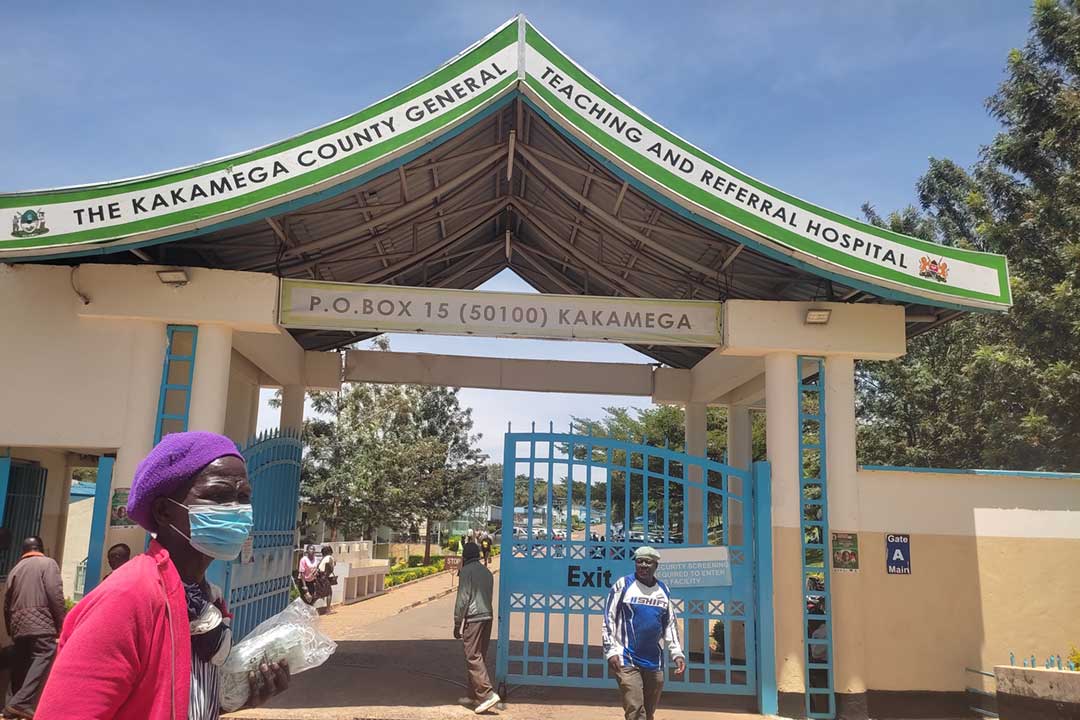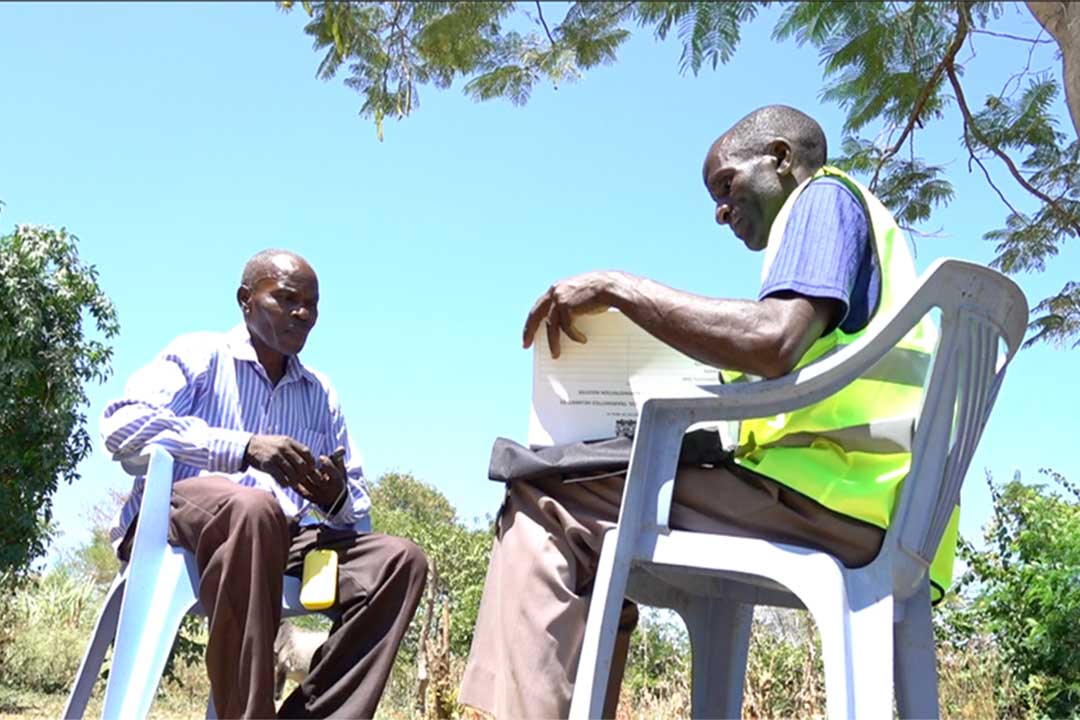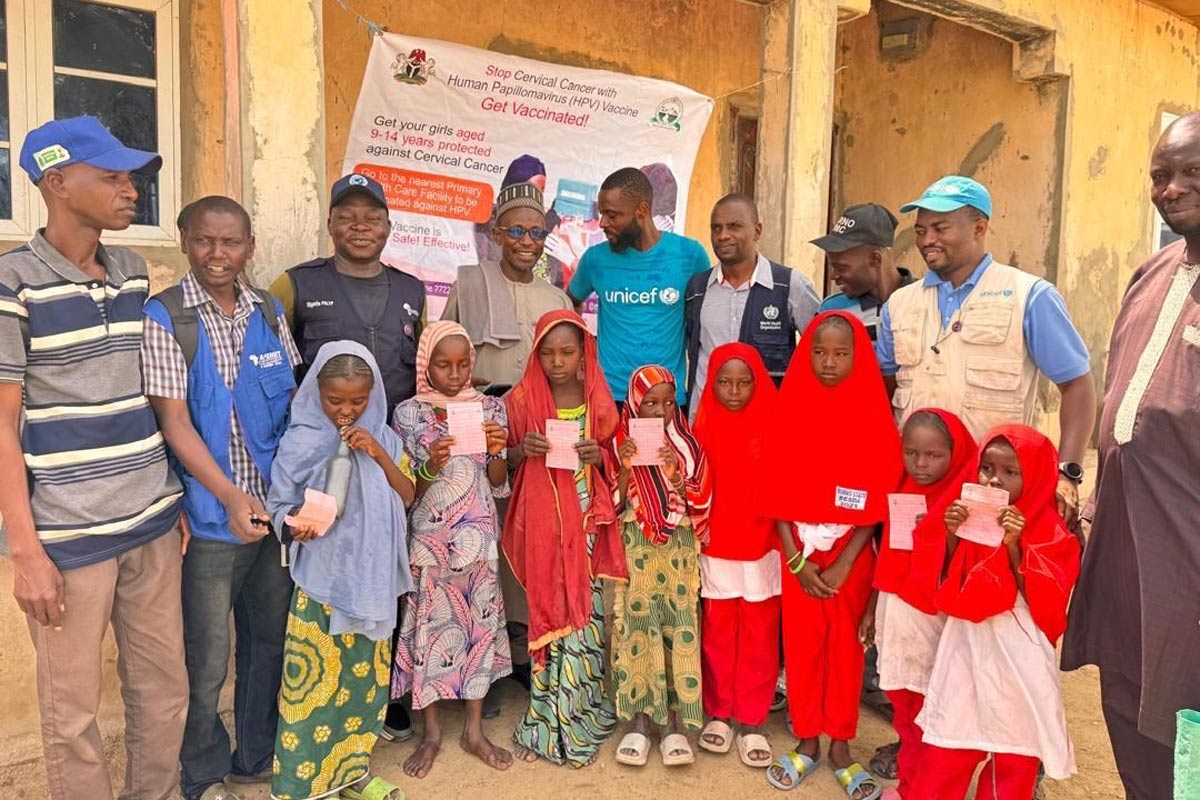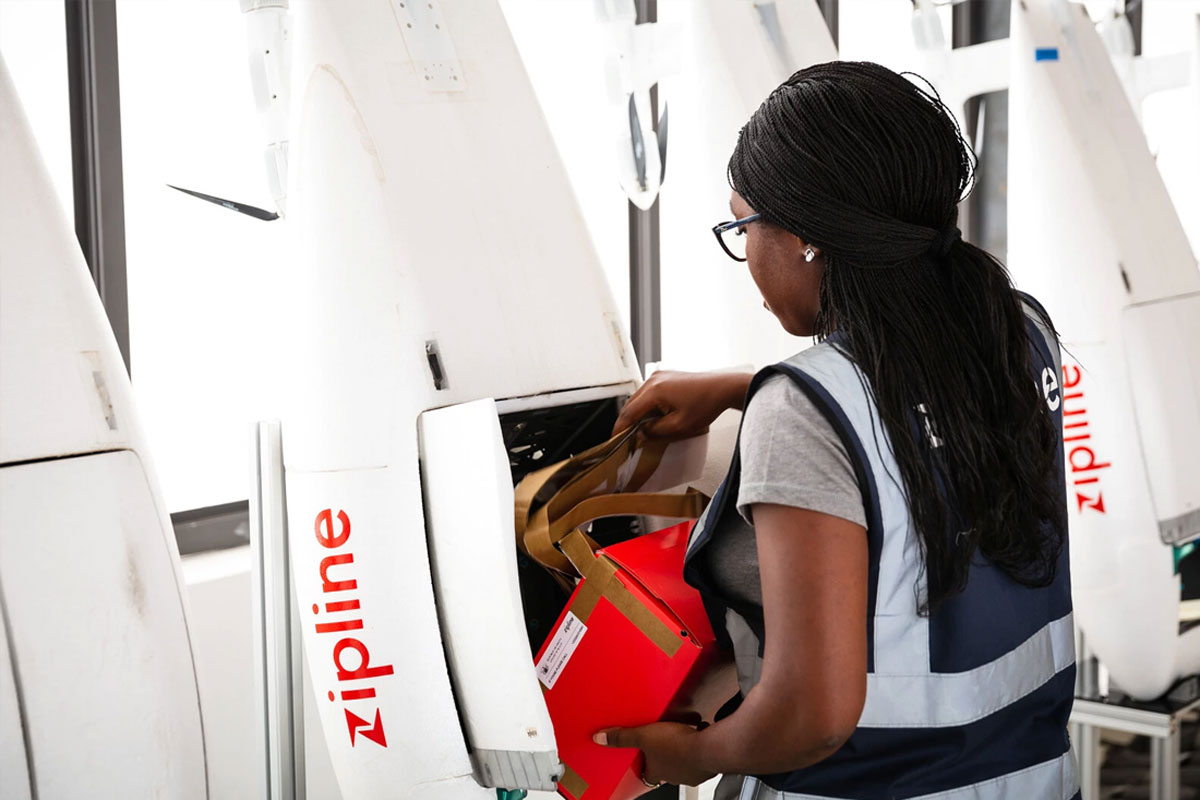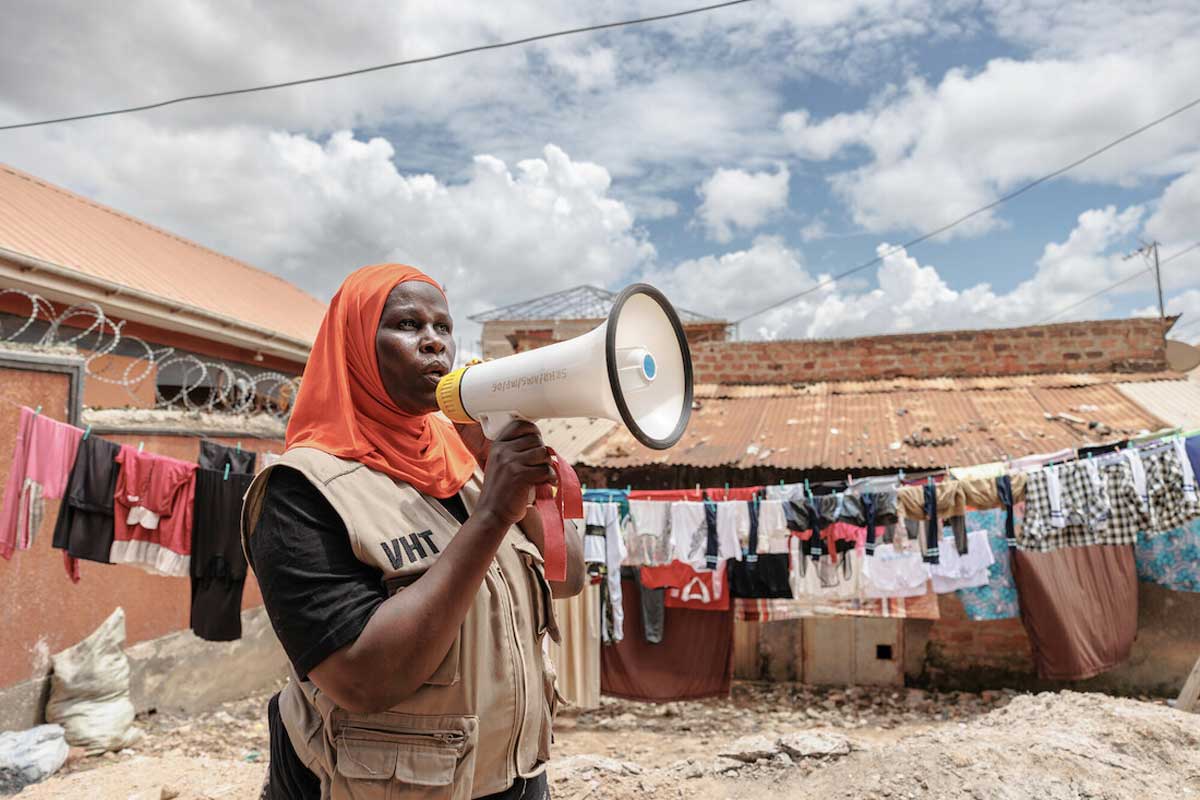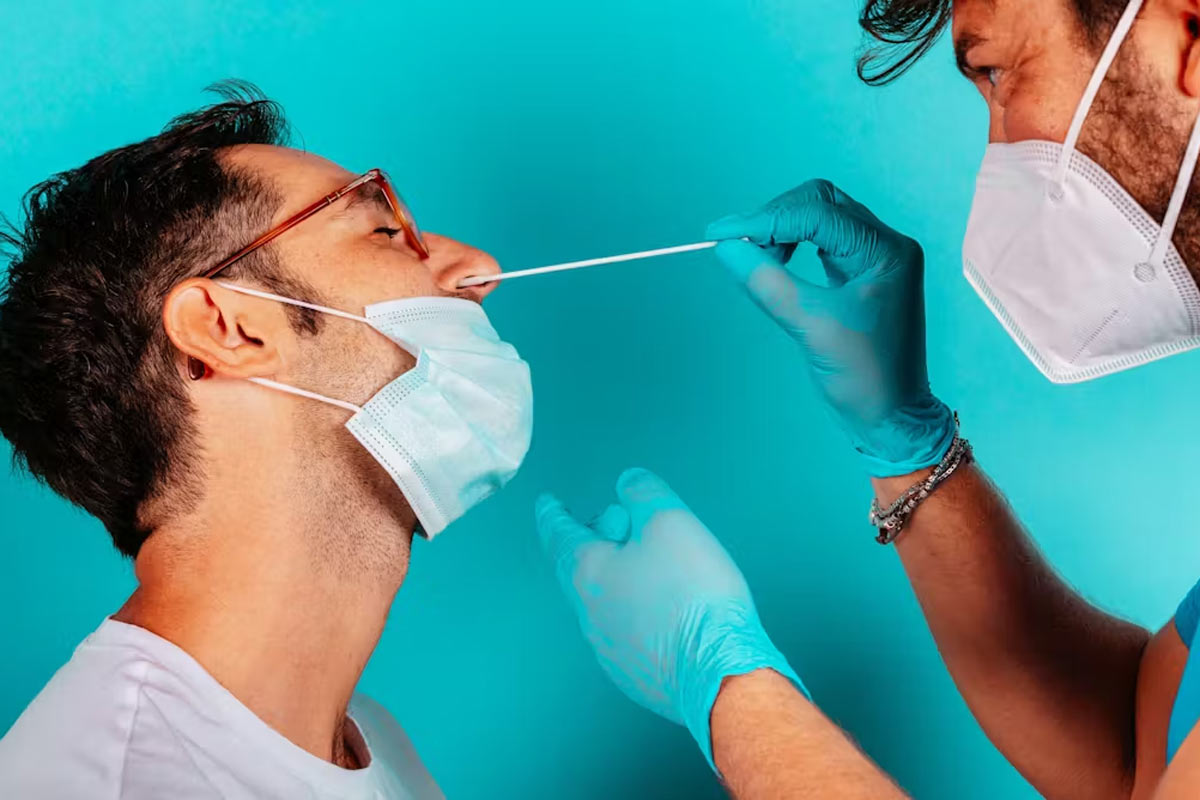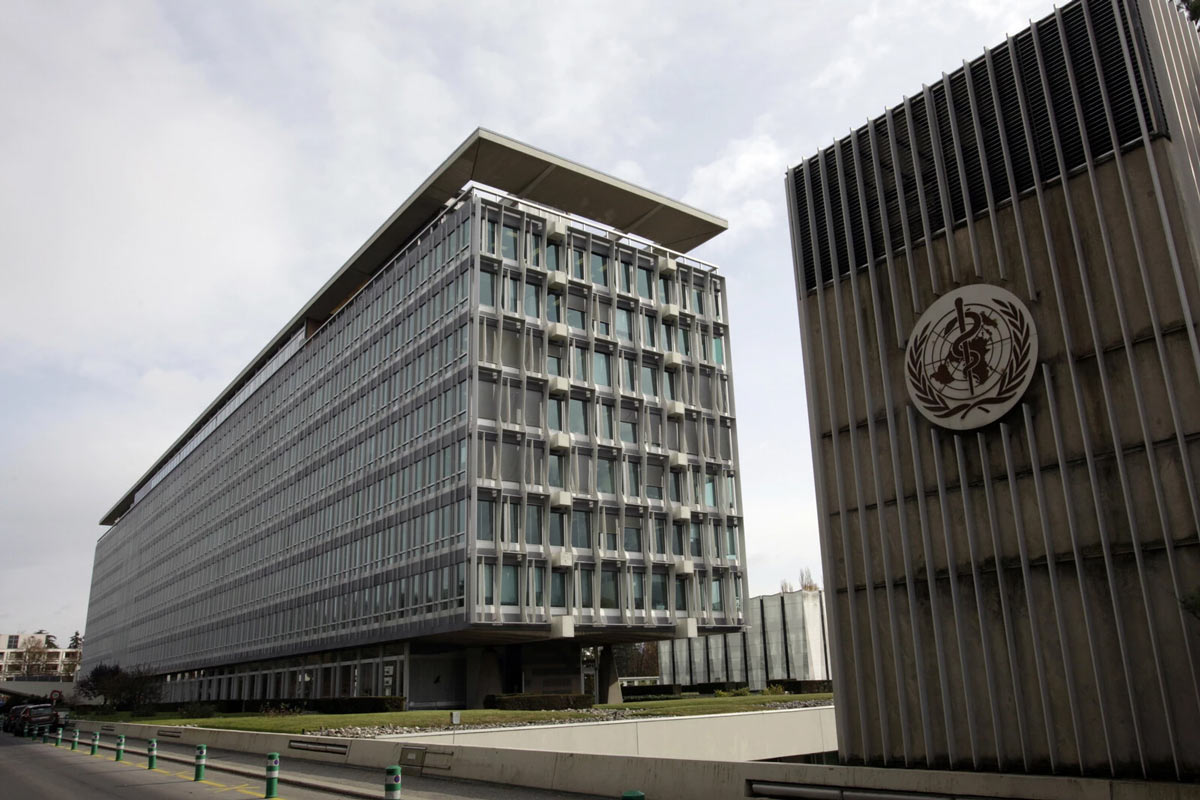How Kenya’s Vihiga County won at vaccination
Ninety-six percent of Vihiga’s babies have received all their basic childhood vaccines. That success, say area chiefs, is down to committed local partnerships of local leaders and health workers.
- 31 May 2023
- 5 min read
- by Angeline Anyango
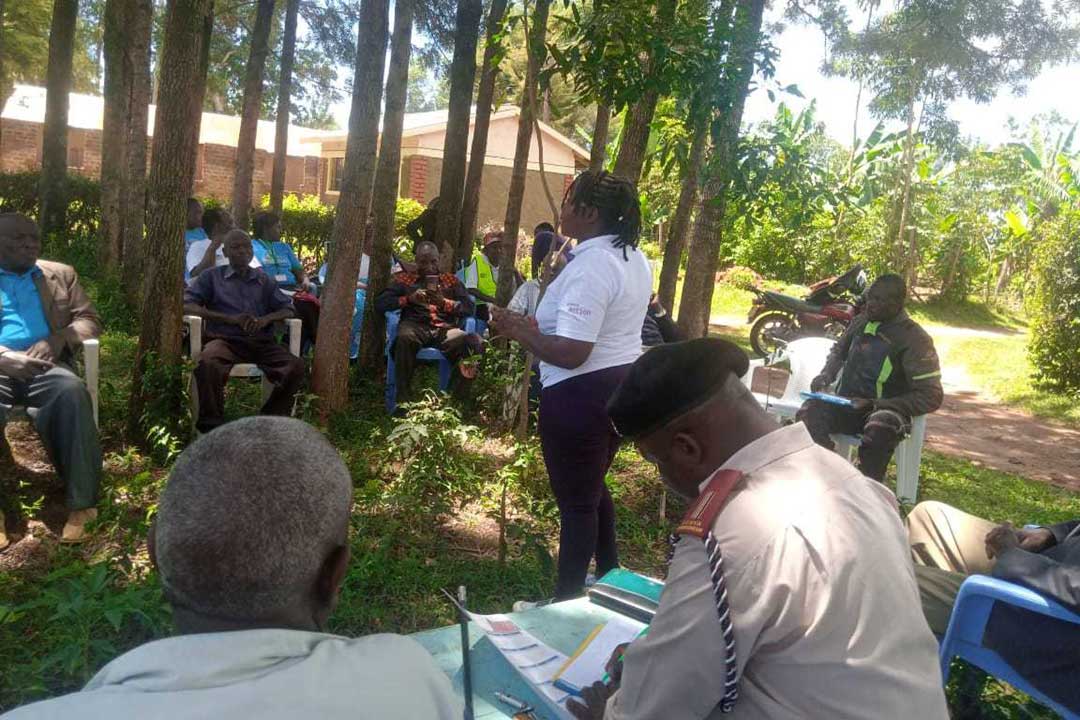
When Vihiga was named Kenya's top county for vaccine uptake, chief James Kahi of Tambua location was one happy man.
When the 2022 Kenya Demographic Health Survey (KDHS) report was released earlier this year, it confirmed that Vihiga, one of 47 counties in the country, had reached 96% of its target population with basic immunisations. Kahi considers himself one of the key personalities driving Vihiga to a vaccination triumph that took even him by surprise.
In an effort to save the children, the chief started creating awareness in public places. Before long, he was joined by the community health workers.
"I was convinced we were doing good, but at no point did I ever imagine that we would top the list in the country," he says.
According to the data, nine out of ten children under 23 months years of age in Vihiga were administered all of the so-called "basic antigens" in 2022, including the BCG vaccine against tuberculosis, three doses of both polio vaccine and diphtheria, pertussis and tetanus containing vaccine, and one dose of measles-containing vaccine. The same statistic stood at 80% nationwide – up from a low point of 57% in 2003.
The last KDHS was conducted in 2014, and found that Vihiga had a coverage rate of 94.4% for all basic antigens, against a national coverage rate of 79%.
Kahi explains that Vihiga's success is down to a close working relationship between the chiefs, village elders, community health workers, county government and health facilities.
These influential figures preach the gospel of vaccines and primary health care in baraza public meetings, markets, churches, burials and even weddings, he says.

Credit: Angeline Anyango
Every social place is regarded as an opportunity to sensitise the locals on why investing in disease prevention is important.
Kahi reveals that the move to improve on the vaccine roll-out in the county was inspired by the low uptake of measles vaccine in the area.
The chief explains that for a very long time, the locals took measles lightly, believing that if a child contracted measles, they would gain natural immunity against the virus, meaning there was no reason to go for vaccines. Measles infection does confer natural immunity, but the infection, unlike the vaccine, carries the risk of death, disability, and ‘immune amnesia', a condition that leaves patients more susceptible to other pathogens following recovery.
Amid low rates of vaccination, Kahi says, the disease affected a number of children, and some succumbed – each one a preventable loss.
Have you read?
In an effort to save the children, the chief started creating awareness in public places. Before long, he was joined by the community health workers.
When attending public functions, whenever he was invited to speak, the chief would also seize the opportunity to welcome the health workers to share his platform and spread awareness on various matters on public health.
"Our topics revolved around immunisation, sanitation and primary health care. Our focus is to raise a healthy community," says Kahi. "A healthy community is very productive and will help us raise the country's economy."
When not attending barazas and outreaches, the community health volunteers (CHVs) conducted door-to-door visits of households with children under the age of five.
These visits created opportunities for more kinds of care. Every pregnant woman would be checked on by one of the 60 CHVS in the area, and encouraged to go to the monthly clinic for routine check-up. The CHVs also carried anti-malarial drugs and testing kits, and Jennifer Agoi, one of the CHVs, emphasises that after treating for malaria, she always monitors her patient until he or she is completely well.
"Those who don't respond to treatment are always referred to the nearby health centre for further tests and treatment," she adds.
In Gamalenga location, practices echo those in Tambua. Local authorities and health workers here are likewise working towards the main goal of ensuring maximum vaccine roll-out.
The area assistant chief, Kennedy Kinara, says that following public engagements, the CHVs always come back to report any non-compliant parents they may have encountered.
He explains that initially, the CHVs were never given the attention they deserved. Few residents understood the role they were playing in keeping the community healthy, Kinara says.
He also notes that a number of the officials would only be found in the offices, and only came down to the grassroots level when outbreaks hit, or other pressing matters arose. This has changed. The CHVs are now recognised as frontline healthcare givers, he says.
Each location has at least 60 CHVs, who look after the local population with the help of elders and chiefs.
Apart from vaccine follow-ups, the CHVs also play a major role in taking note of any deaths of children below five years, he says.
"Deaths of children under five years old is one thing we want to get rid of in our community. That is why we always do interrogation to find out what could have resulted in the death of the minor," he says.
County head of Immunisation Edith Enjere says that further factors that contributed to Vihiga's immunisation success include the increase in the number of health facilities to meet the World Health Organization's 5km radius target.
According to Enjere, Vihiga has 98 health facilities that provide vaccination services to the locals. "We also hold sensitisation campaigns in public places and talk shows in local radio stations on why the vaccines are important," she said.
During the launch of malaria vaccine in Vihiga County early this year, the Cabinet Secretary for Health Susan Nakhumicha praised the county for leading in the vaccine coverage nationally, while urging the country to continue investing in primary health care and sustain the gains made.
She also urged parents whose children had missed out on immunisation to visit various health facilities to complete their routine vaccination.
